13 start with I start with I
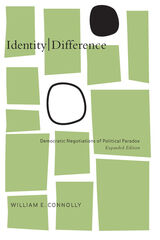
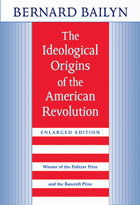
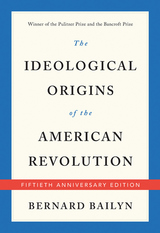
The Ideological Origins of the American Revolution, awarded both the Pulitzer and the Bancroft prizes, has become a classic of American historical literature. Hailed at its first appearance as “the most brilliant study of the meaning of the Revolution to appear in a generation,” it was enlarged in a second edition to include the nationwide debate on the ratification of the Constitution, hence exploring not only the Founders’ initial hopes and aspirations but also their struggle to implement their ideas in constructing the national government.
Now, in a new preface, Bernard Bailyn reconsiders salient features of the book and isolates the Founders’ profound concern with power. In pamphlets, letters, newspapers, and sermons they returned again and again to the problem of the uses and misuses of power—the great benefits of power when gained and used by popular consent and the political and social devastation when acquired by those who seize it by force or other means and use it for their personal benefit.
This fiftieth anniversary edition will be welcomed by readers familiar with Bailyn’s book, and it will introduce a new generation to a work that remains required reading for anyone seeking to understand the nation’s historical roots.

This is a history of political ideologies during the period famously described by Eric Hobsbawn as ‘The Age of Extremes’ - from the First World War to the collapse of the Soviet Union.
Ideologies in the Age of Extremes introduces the key ideologies of the age; liberalism, conservatism, communism and fascism. Willie Thompson identifies the political influence of mass movements as a key feature. He uses a powerful approach that considers the different ideologies in relation to each other. This allows him to shows that they often emerged from a common root or merged into a common future, stealing each other’s clothes and reinventing themselves as the stark opposite of a competing ideology.
This sophisticated yet accessible analysis will be of great interest to students of 20th century history and political theory.
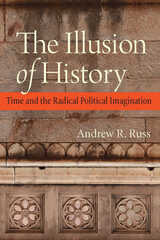
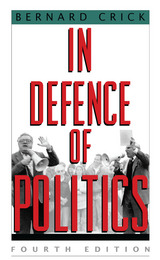
its compromises and power struggles, remains the only tested alternative to government by
coercion, making both freedom and order possible in heterogeneous societies. For Crick,
politics is messy and complex, and his book defends it against those who would identify it with (and reduce it to) ideology, democracy, nationalism, or technology.
This Fourth edition has been updated to include an assessment of the revolutions in 1989 in
Eastern Europe. It also examines current situations in Northern Ireland, Israel and Palestine,
and South Africa.
“A short book written with verve and brilliance. . . . He has written an exceedingly clever and
disturbing book on important issues, all that he writes is alive and much of what he says, even when it seems perversely provocative, turns out to be penetrating and serious.”
—Isaiah Berlin, 20th Century
“One of the most thoughtful products of the political dialogues of the London School of
Economics since the great days of Tawney, Dalton, Wallas and Hobhouse. Its sobriety,
liberal spirit and toughness of mind are rare qualities in any political work.”
—Edward Shils, Guardian

Scholars of public administration have historically too often been disdainful towards politics in the field, viewing political activities and interests as opportunities for corruption, mismanagement, and skewed priorities. Supporters of this anti-political stance have become even more strident in recent years, many of them advancing scientific models for the study and practice of public administration and governance.
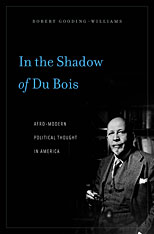
The Souls of Black Folk is Du Bois’s outstanding contribution to modern political theory. It is his still influential answer to the question, “What kind of politics should African Americans conduct to counter white supremacy?” Here, in a major addition to American studies and the first book-length philosophical treatment of Du Bois’s thought, Robert Gooding-Williams examines the conceptual foundations of Du Bois’s interpretation of black politics.
For Du Bois, writing in a segregated America, a politics capable of countering Jim Crow had to uplift the black masses while heeding the ethos of the black folk: it had to be a politics of modernizing “self-realization” that expressed a collective spiritual identity. Highlighting Du Bois’s adaptations of Gustav Schmoller’s social thought, the German debate over the Geisteswissenschaften, and William Wordsworth’s poetry, Gooding-Williams reconstructs Souls’ defense of this “politics of expressive self-realization,” and then examines it critically, bringing it into dialogue with the picture of African American politics that Frederick Douglass sketches in My Bondage and My Freedom. Through a novel reading of Douglass, Gooding-Williams characterizes the limitations of Du Bois’s thought and questions the authority it still exerts in ongoing debates about black leadership, black identity, and the black underclass. Coming to Bondage and then to these debates by looking backward and then forward from Souls, Gooding-Williams lets Souls serve him as a productive hermeneutical lens for exploring Afro-Modern political thought in America.
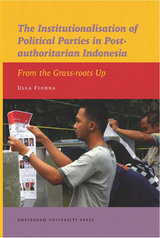
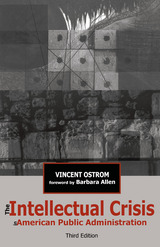
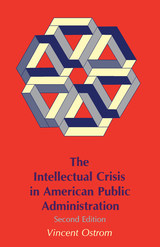
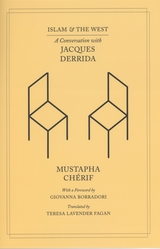
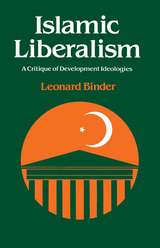
The Islamic political community presents special problems to the development of an indigenous liberalism. That community is conceived of as divinely ordained, and its notions of the good are to be derived from scriptural revelation, not arrived at through rational discourse. Liberal politics would seem to stand little chance of surviving in such an atmosphere, let alone thriving.
Binder responds to the challenge of Edward Said's critique of Orientalism, of a range of neo-Marxian development theorists, of Sayyid Qutb's fundamentalist vision, of Samir Amin's vision of Egypt's role in the Arab awakening, of Tariq al-Bishri's new populism, of Zaki Najib Mahmud's pragmatism, and the structuralism of Arkoun and Laroui. The deconstruction of these varied texts produces a number of persuasive hermeneutical conclusions that are sequentially woven together in a critical argument that refocuses our attention on the central question of political freedom and democracy. In the course of constructing this argument, Binder reopens the dialogue between Western modernity and Islamic authenticity and reveals the surprising extent to which there is a convergent interest in liberal, democratic, civil society. Finally, in a concluding chapter, he addresses the prospects for liberalism in the three major bourgeois states of Islam—Egypt, Turkey, and Iran.
READERS
Browse our collection.
PUBLISHERS
See BiblioVault's publisher services.
STUDENT SERVICES
Files for college accessibility offices.
UChicago Accessibility Resources
home | accessibility | search | about | contact us
BiblioVault ® 2001 - 2024
The University of Chicago Press









